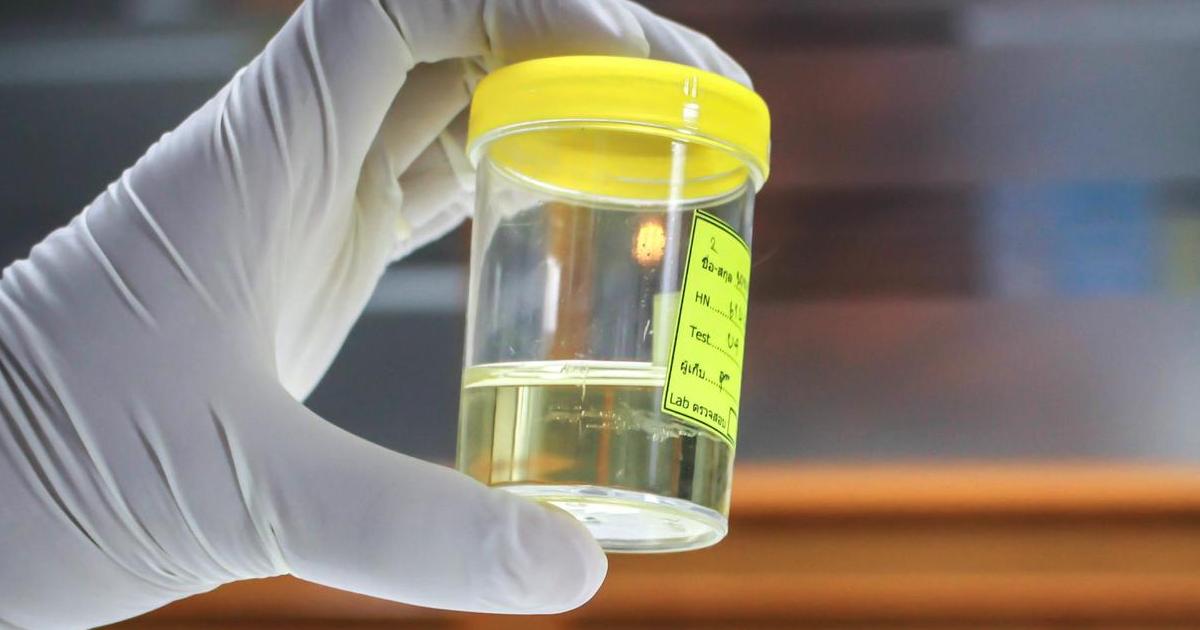Symptoms Of Membranous Nephropathy
Membranous nephropathy is a kidney disease where the filters or glomeruli inside of the kidneys become thickened and damaged. As a result, the kidneys become swollen and experience a decrease in overall function. The glomeruli also leak high amounts of proteins into the urine. Some form of autoimmune activity often causes membranous nephropathy. Causes of this disease may also include infections, certain medications, and particular types of cancer. Membranous nephropathy is usually diagnosed with the use of medical imaging tests, urinalysis, and blood tests. Mild cases of membranous nephropathy may be able to self resolve with little or no intervention, and other cases will result in advanced kidney failure. The treatment for membranous nephropathy is highly dependent on its severity and its underlying cause. Symptoms tend to vary with each case, but there are several most patients will have in common. Get to know these symptoms now.
Leg And Ankle Swelling

A common symptom that manifests in patients affected by membranous nephropathy is edema or swelling of the legs and ankles. Leg and ankle swelling occurs due to an excess amount of fluid trapped in the tissues of the lower extremities. The glomeruli in individuals who have membranous nephropathy are damaged and allow for proteins that should remain in the blood to leak into the urine. The urine containing these proteins will take the normal urinary path to exit the body. This mechanism results in a deficiency of proteins in the blood. Many of the proteins in the blood are responsible for maintaining proper fluid balance throughout the body. The blood puts pressure on the blood vessels that forces fluids to leech out into adjacent tissues. In a healthy individual, a protein called albumin is responsible for stopping this fluid leakage into surrounding tissues. However, membranous nephropathy patients do not have enough albumin in their blood. When there is not enough albumin present, it is not able to carry out its normal function and keep fluid in the blood. This leaked fluid accumulates in the tissues of a patient's feet and ankles as they sit and stand throughout the day.
Proteinuria

Proteinuria is a condition of the urinary system where the patient has urine containing an abnormally high amount of protein. Kidneys in a healthy individual have glomeruli or filters that effectively extract excess wastes and fluid from their blood. At the same time, essential nutrients like proteins are allowed to pass through the kidneys and return to the bloodstream. Kidneys in membranous nephropathy patients have glomeruli that do not work correctly. Usually, this reduced function of the glomeruli is caused by cellular damage. The damaged glomeruli allow more than just wastes and fluids to be filtered into the urine from the blood. Low amounts of nutrients and proteins are returned to the bloodstream as a result. The urine that contains these critical components moves through the ureters and into the bladder. When the bladder is ready to empty, the urine with the proteins and nutrients in it is excreted through the urethra. When a patient's urine contains more proteins than normal, it is called proteinuria. Proteinuria can be detected using a standard urinalysis before it causes any noticeable complications.
